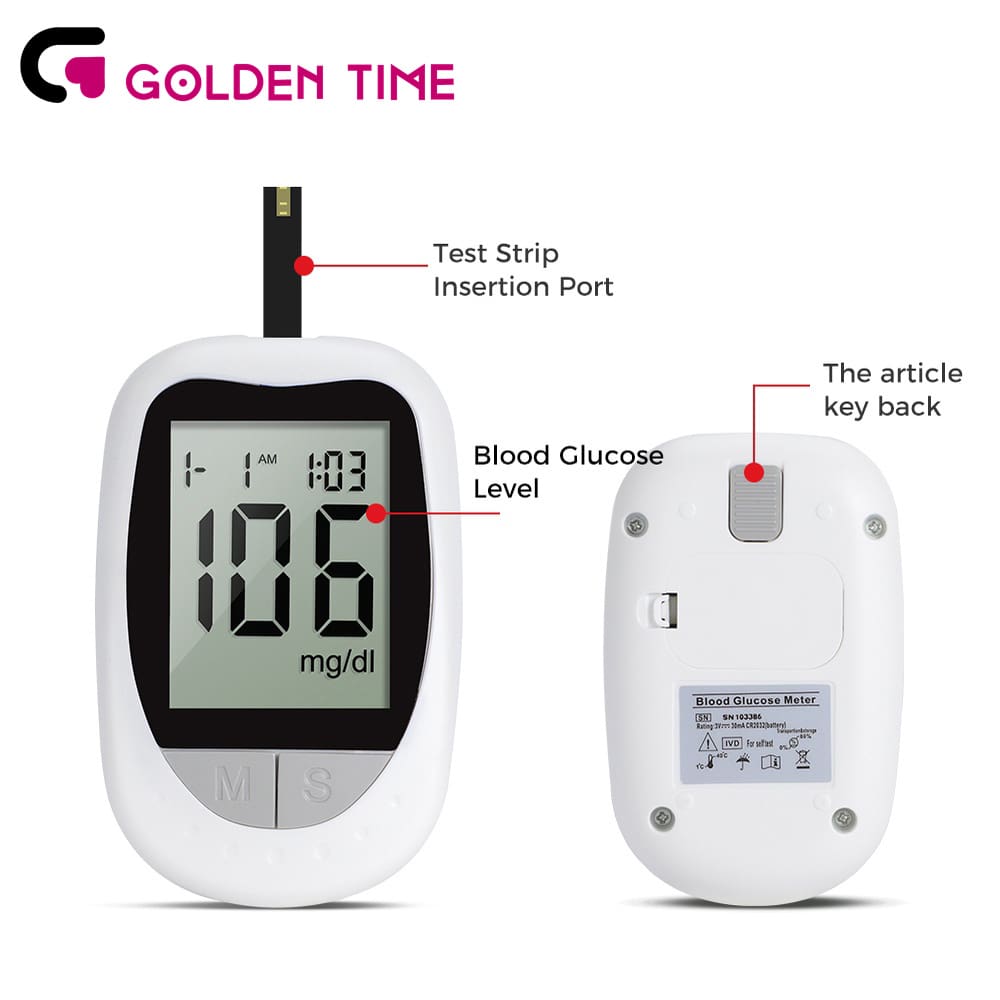Oct . 16, 2024 12:20 Back to list
Wholesale Manufacturers of Ovulation Prediction Strips for Fertility Monitoring and Health Tracking
Understanding Wholesale Ovulation Predictor Strips Manufacturers
In the world of reproductive health, ovulation predictor strips (OPS) have become a vital tool for individuals trying to conceive. These inexpensive, user-friendly test devices allow women to predict their ovulation cycle accurately by detecting the surge of luteinizing hormone (LH) in the urine. As the demand for these products grows, so does the network of manufacturers supplying the market. This article delves into the wholesale ovulation predictor strip manufacturers, exploring their practices, the quality of their products, and the significance of this industry segment.
The Growing Demand for Ovulation Predictor Strips
The rise in the popularity of ovulation predictor strips can be attributed to a few factors. Firstly, an increasing number of couples are opting for planned pregnancies, which necessitates precise tracking of ovulation. Secondly, advances in technology have made it possible to produce strips that are not only affordable but also reliable in providing results. The convenience of using these strips at home has made them a preferred choice over more invasive methods of fertility monitoring. As more people become aware of their reproductive health, the demand for wholesale OPS continues to rise.
Who Are the Manufacturers?
Wholesale ovulation predictor strip manufacturers range from large multinational corporations to small specialized companies. Major players in the field often possess expansive research and development capabilities, allowing them to innovate continuously and ensure regulatory compliance. These manufacturers invest significantly in quality control processes to produce accurate and reliable products, which are essential for gaining consumer trust.
On the other hand, smaller manufacturers can benefit from niche marketing. Many have focused on sustainable materials, organic components, or eco-friendly packaging, which appeal to modern consumers who are becoming increasingly conscious of their environmental impact.
Quality Assurance and Regulation
Quality is paramount in the production of ovulation predictor strips. Reputable manufacturers adhere to stringent regulatory standards set by health authorities, including the FDA in the United States and CE marking in Europe. These certifications signify that the products meet specific safety and effectiveness criteria.
wholesale ovulation predictor strips manufacturers

Manufacturers often subject their products to rigorous testing during the development phase and maintain strict quality assurance processes throughout production. Regular quality checks help in aligning with both international and local regulations, thereby building trust with wholesalers, retailers, and consumers alike.
Challenges Faced by Manufacturers
One of the prominent challenges faced by manufacturers in this industry is maintaining a balance between cost and quality. With the rise of e-commerce, there has been a surge in counterfeit products flooding the market, often sold at lower prices. These imitation products lack the reliability and accuracy of genuine ovulation predictor strips, which can mislead consumers and ultimately harm their reproductive health. Manufacturers must implement strong branding and quality control measures to differentiate their products from these inferior alternatives.
Moreover, the global supply chain disruptions caused by events like the COVID-19 pandemic have also posed challenges for many manufacturers. Raw material shortages and shipping delays can significantly impact production timelines and costs. Consequently, manufacturers are increasingly looking to diversify their suppliers and streamline their operations to ensure a consistent supply of high-quality products.
The Future of Ovulation Predictor Strip Manufacturing
Looking ahead, the future of wholesale ovulation predictor strip manufacturers appears optimistic. With the ongoing advancements in technology and an increasing awareness of reproductive health issues, manufacturers are expected to invest in research and development to improve product accuracy, ease of use, and consumer experience.
Moreover, the integration of smart technologies and apps with ovulation prediction capabilities is gaining traction. Manufacturers may consider developing digital solutions that allow users to track their ovulation cycles more comprehensively, leading to personalized fertility guidance.
Conclusion
Wholesale ovulation predictor strip manufacturers play a crucial role in the reproductive health market. As they navigate the complexities of production, regulation, and consumer needs, their commitment to quality and innovation will ultimately shape the future of ovulation prediction. With the increasing importance placed on fertility health and wellness, these manufacturers are poised to continue making a significant impact in helping couples achieve their dream of parenthood.
-
Dengue NS1 Rapid Diagnostic Test Kit
NewsMar.07,2025
-
Dengue NS1 Rapid Diagnostic Test Kit
NewsMar.07,2025
-
Dengue NS1 Rapid Diagnostic Test Kit
NewsMar.07,2025
-
Transferrin Rapid Test Cassette Tumor Marker TF Card
NewsMar.07,2025
-
Malaria Pf Pan Rapid Diagnostic Test Kit
NewsMar.07,2025
-
malaria pf / pan ag rapid test
NewsMar.07,2025

